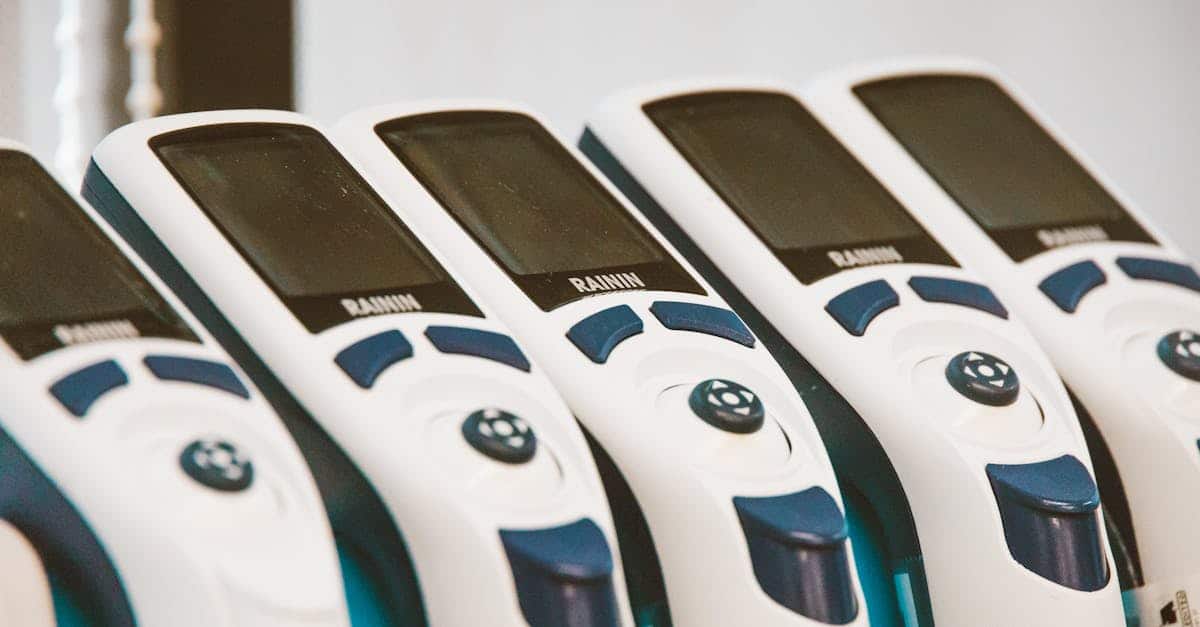Driven by spectacular advancements, MedTech finds itself at a crucial crossroads between innovation and ethics. Research on animal models of disease, long perceived as essential, is undergoing a profound transformation thanks to in vitro methods. These emerging techniques not only offer an alternative to animal experimentation but also raise major issues of validation and reliability for the development of new treatments. Exploring these new horizons could revolutionize medical practices, promoting a more respectful and effective approach to the assessment of human diseases.
Innovation in the medical field is undergoing a transformation, with a growing interest in in vitro methods as alternatives to tests on animals. These techniques, which use advanced cell cultures, aim to reduce the use of animal models while maintaining research effectiveness. Various applications are being considered, notably in the context of clinical trials and medication development, requiring rigorous validation of these models. The trend is towards the rise of complex models, allowing for the exploration of diseases such as neurodegenerative disorders or cancer. With ongoing research, the future of MedTech looks promising, emphasizing ethical and effective innovation to improve health treatments.

Advancements in the field of MedTech increasingly rely on the search for alternative methods, such as in vitro techniques. These techniques not only reduce the reliance on animals, but they also pave the way for more complex and tailored disease models. Researchers are exploring processes such as cell culture, which offers innovative means to simulate human pathologies without dependence on animal models.
The Challenges of Validating In Vitro Models
The validation of in vitro models is a critical subject that directly affects the success of research in biomedicine. By integrating modern methods, scientists can test the effectiveness of new treatments and assess drug toxicity without jeopardizing the lives of laboratory animals. This approach deserves special attention, as it contributes to compliance with the principles of 3Rs in animal experimentation, which advocate for the reduction, refinement, and replacement of animal testing.
Future Perspectives in MedTech
Ongoing research focuses on the development and standardization of in vitro techniques to replace tests on animals. This change not only fosters more representative results but also helps accelerate the regulatory approval process for new treatments. Innovations such as the creation of tumor models derived from human cells are emerging, thus offering new opportunities for the study of complex pathologies.













